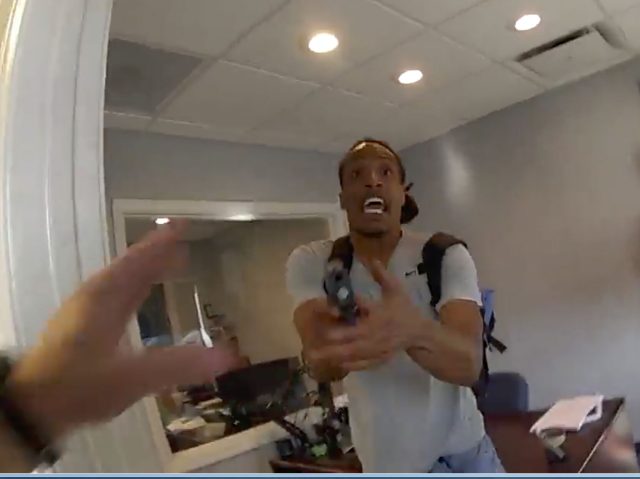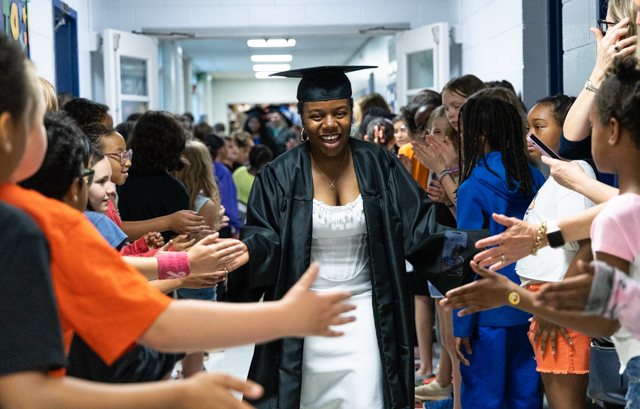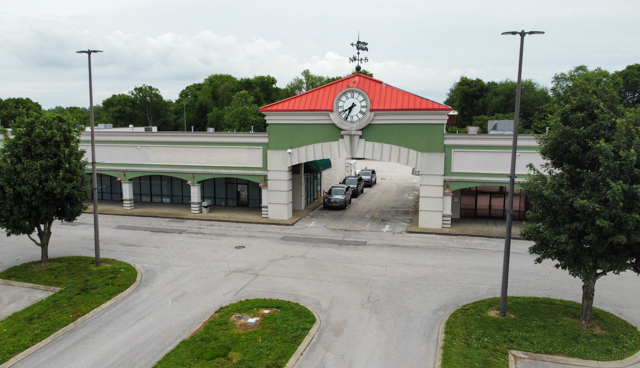Beshear offers an incentive, and Kentuckians need to take advantage
Published 12:15 am Sunday, April 18, 2021
Gov. Andy Beshear’s announcement Monday that he will end capacity restrictions statewide at most venues and facilities once 2.5 million Kentuckians have received at least their first shot of a COVID-19 vaccine is certainly a welcome development. Those who are weary of the coronavirus pandemic’s 13-month disruption to normal life – a group that we assume includes pretty much everyone – are relieved to know Kentucky is potentially within weeks of its most significant leap toward normalcy yet.
But the carrot Beshear dangled is contingent on roughly 900,000 more Kentuckians receiving at least one vaccine shot, a process he projected Monday to take four to six weeks at the state’s current rate.
That prediction might’ve been complicated early Tuesday, however, when the Centers for Disease Control and Prevention and the Food and Drug Administration issued a joint statement announcing a precautionary pause in the use of Johnson & Johnson’s single-dose vaccine following a handful of reports of recipients developing dangerous blood clots. The blood-clot cases are exceedingly rare – just six out of 6.8 million doses administered, or less than one in a million – and neither of the two-dose vaccines from Pfizer and Moderna are affected by the pause. Health experts and government officials clearly emphasized Tuesday that the J&J situation should not cause Americans to become hesitant about receiving a vaccination.
Still, the J&J news could have that exact regrettable effect, by convincing some segments of the as-yet unvaccinated population to reject all of the COVID-19 vaccines due to safety concerns. If enough Kentuckians do that, it could potentially slow our state’s march toward the 2.5 million threshold for Beshear’s reopening plan. We hope that’s not the case, since data still overwhelmingly indicates that the collective COVID-19 vaccines are safe and effective. But time will tell.
Of course, many will argue that Kentucky should essentially be back open now, since the populations most vulnerable to severe COVID-19 have had ample time to receive a vaccination. That is a reasonable debate, but it is also somewhat moot. The months-long tug-of-war between Kentucky’s executive, legislative and judicial branches over the scope of Beshear’s emergency powers remains unresolved, but for the time being, Beshear maintains considerable control over the duration of the state’s COVID-19 restrictions. So until something changes in that regard, the situation is simple: If Beshear says 2.5 million Kentuckians need to be vaccinated in order for restrictions to end, then that’s what needs to happen.
So, effectively, the ball is in the courts of the 900,000 or so Kentuckians whose vaccination decisions will determine how soon our state can earnestly begin to emerge from these dark days. We certainly recognize the conundrum some face: Whether or not to receive a COVID vaccine is a personal health decision that, in a perfect world, should not be influenced by concerns about politics or the economy or anything else. But we are not, of course, living in a perfect world. The unfortunate reality is that at this point in the coronavirus crisis, vaccination decisions unavoidably do carry such societal burdens.
At this time, we do not anticipate that Beshear will lower his vaccination threshold for reopening, but if the pace of shots decreases in the coming weeks, we encourage him to consider adjusting his 2.5 million goal. At the same time, we urge unvaccinated people not to reject the vaccines purely because of the J&J development, which by itself is hardly cause to lose faith in the safety of all vaccine options. Kentucky is potentially within weeks of experiencing some form of normal life again. We’ve simply come too far to take a step backward now.






